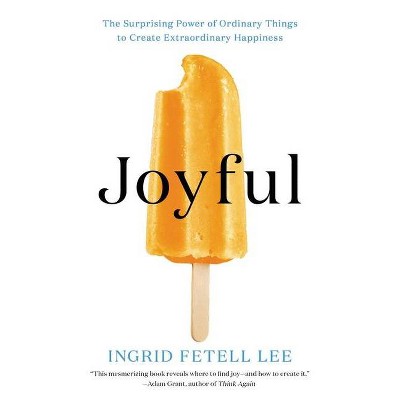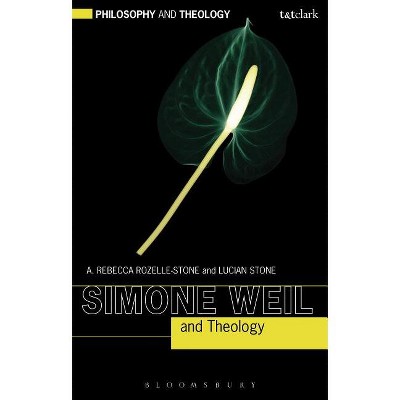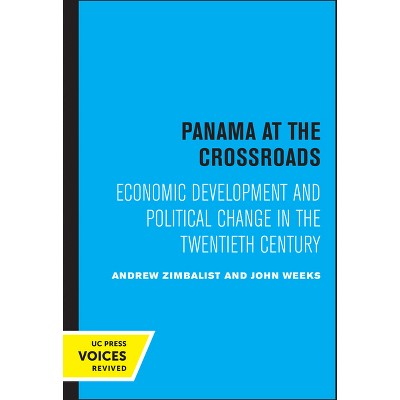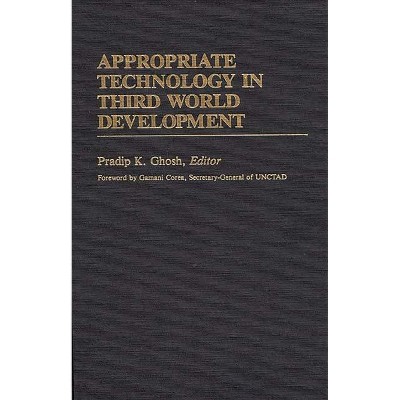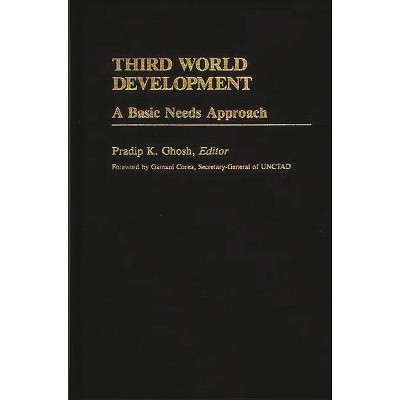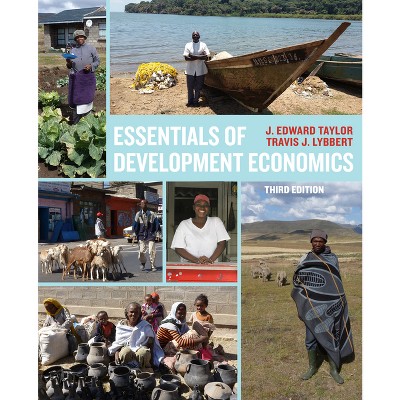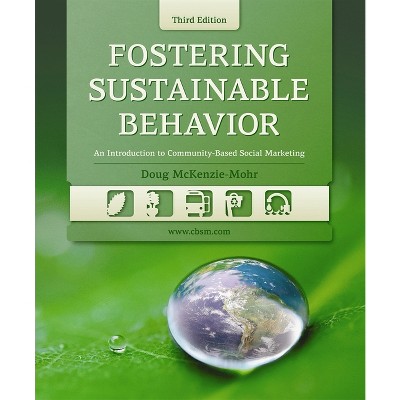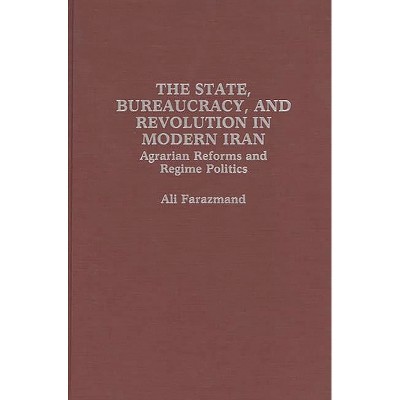Sponsored

Third World at the Crossroads - by Nazma Ali (Hardcover)
In Stock
Sponsored
About this item
Highlights
- Written by a distinguished group of Third World and American scholars, this book investigates the political, economic, cultural, and religious dynamics of the Third World.
- About the Author: SHEIKH R. ALI is Professor of Political Science at North Carolina Central University.
- 232 Pages
- Business + Money Management, Development
Description
About the Book
Written by a distinguished group of Third World and American scholars, this book investigates the political, economic, cultural, and religious dynamics of the Third World. Both highly topical and extremely timely, the volume takes an interdisciplinary approach to the subject, employing analytical tools drawn from political science, history, economics, and sociology. The papers included serve to facilitate a new understanding of the complex nature of Third World nationalism, explore critical issues facing the Third World such as widespread hunger in Africa and the mounting debt crisis, and offer new perspectives on the role of religion and ethnicity in Third World politics.
In his introduction, Ali sets the context for the papers that follow. He notes that the new nations of the Third World cannot be political and economic equals of the developed nations. Thus, aware of their weaknesses, the overriding concern of Third World leaders is to preserve themselves from foreign encroachment. The 14 subsequent papers define, explain, and analyze the myriad issues and problems that today confront policy-makers in both the Third World and the developed nations, including: the economic impact of OPEC; the political and economic origins of hunger in Africa; the West and Third World Religion; open economics and repressive policies in the Third World; the influences on and effects of U.S. policies towards the Third World. Students of political science as well as policy-makers and diplomats will find Third World At the Crossroads enlightening and provocative reading.
Book Synopsis
Written by a distinguished group of Third World and American scholars, this book investigates the political, economic, cultural, and religious dynamics of the Third World. Both highly topical and extremely timely, the volume takes an interdisciplinary approach to the subject, employing analytical tools drawn from political science, history, economics, and sociology. The papers included serve to facilitate a new understanding of the complex nature of Third World nationalism, explore critical issues facing the Third World such as widespread hunger in Africa and the mounting debt crisis, and offer new perspectives on the role of religion and ethnicity in Third World politics.
In his introduction, Ali sets the context for the papers that follow. He notes that the new nations of the Third World cannot be political and economic equals of the developed nations. Thus, aware of their weaknesses, the overriding concern of Third World leaders is to preserve themselves from foreign encroachment. The 14 subsequent papers define, explain, and analyze the myriad issues and problems that today confront policy-makers in both the Third World and the developed nations, including: the economic impact of OPEC; the political and economic origins of hunger in Africa; the West and Third World Religion; open economics and repressive policies in the Third World; the influences on and effects of U.S. policies towards the Third World. Students of political science as well as policy-makers and diplomats will find Third World At the Crossroads enlightening and provocative reading.Review Quotes
?Useful . . . are J. Bitzes's essay on misperceptions of Third World religions by foreign policy elites and citizens, and Z. Husain's excellent analysis of Islamic revivalists, which show how US ignorance of Third World cultures and religions has contributed to foreign policy failures. Also well done are chapters on Africa by A. Conteh (on hunger), P. Agbese (the Nigerian agricultural crisis), and R. Clute (on the Southern African Development Coordination Council). Other insightful contributors include A. Kazak on the Gulf States' economic vulnerability, M. Muller on vocational training for India's women, J. Gordon on African Americans and US foreign policy in Africa, T. Lobe on the downward spiral of Nicaragua's revolutionary movement, and M. Sills on ethnocide. Excellent index and bibliography. Appropriate for academic libraries collecting comprehensively on Third World affairs.?-Choice
"Useful . . . are J. Bitzes's essay on misperceptions of Third World religions by foreign policy elites and citizens, and Z. Husain's excellent analysis of Islamic revivalists, which show how US ignorance of Third World cultures and religions has contributed to foreign policy failures. Also well done are chapters on Africa by A. Conteh (on hunger), P. Agbese (the Nigerian agricultural crisis), and R. Clute (on the Southern African Development Coordination Council). Other insightful contributors include A. Kazak on the Gulf States' economic vulnerability, M. Muller on vocational training for India's women, J. Gordon on African Americans and US foreign policy in Africa, T. Lobe on the downward spiral of Nicaragua's revolutionary movement, and M. Sills on ethnocide. Excellent index and bibliography. Appropriate for academic libraries collecting comprehensively on Third World affairs."-Choice
About the Author
SHEIKH R. ALI is Professor of Political Science at North Carolina Central University. His previous books include Saudia Arabia and Oil Diplomacy (Praeger 1986) and Oil Turmoil, and Islam in the Middle East (Praeger, 1986), Southern Africa: An American Enigma (Praeger, 1987).Shipping details
Return details
Frequently bought together
Trending Non-Fiction









